If you ask people, “What’s your go-to nuclear post-apocalyptic story?” Most will probably say Fallout; the action role-playing franchise that has been around for more than two decades and is now considered one of the most influential game series of all time.
Now, with the new live-action Fallout series by Amazon premiering to great acclaim and even reigniting interest in the game series, this might be the perfect opportunity to take a walk down memory lane and review some of the best things this franchise has had to offer. Here’s our list for every Fallout game ranked from best to worst.
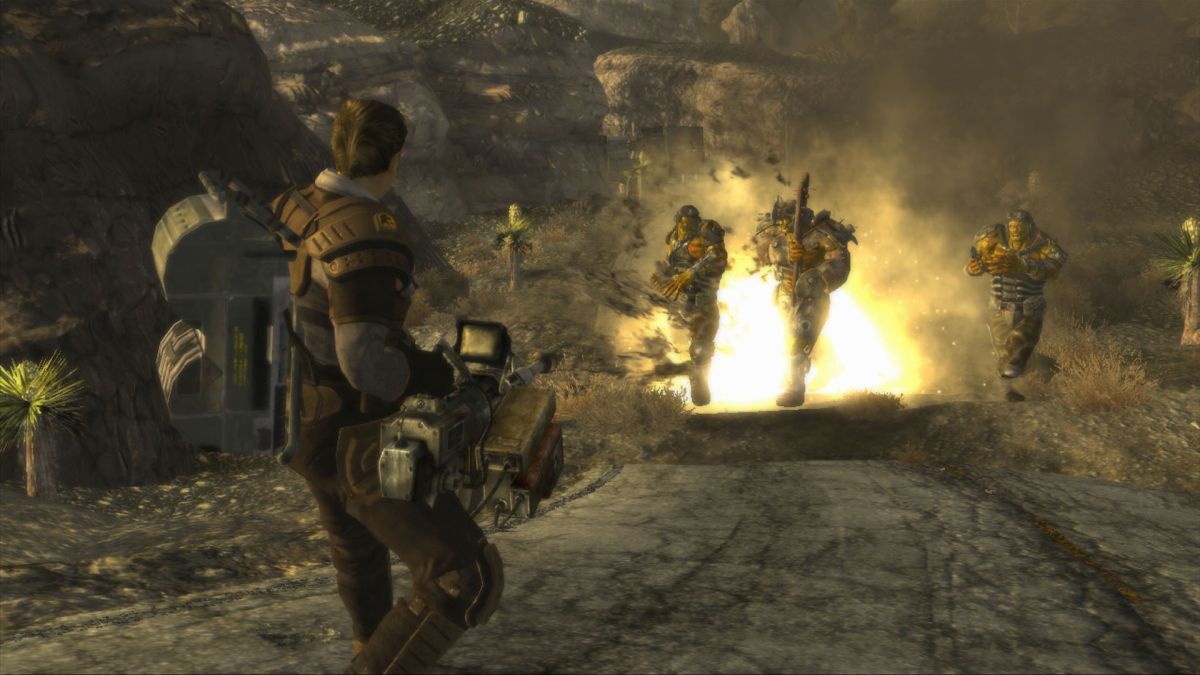
1. Fallout: New Vegas (2010)
If it’s a gripping story full of great characters and amazing twists you want, then Fallout: New Vegas is as good as it gets. After acquiring the franchise in 2007 and releasing Fallout 3 to critical acclaim, Bethesda contracted Obsidian to continue the franchise through a spinoff centering around the West Coast storyline. Obsidian Entertainment was founded by several former Interplay employees, so making the connection and the potential was easy enough.
Fallout: New Vegas received positive reviews upon release, but it would be some time until people came to truly appreciate the game’s brilliant narrative and improvements on Bethesda’s Fallout 3 design. New Vegas is now not only widely recognized as the best Fallout game, but also one of the greatest RPG games in history. The title has a cult following, and even now, whenever I feel like a bit of time spent shooting radioactive creatures in the United States nuclear wasteland might do me good, reinstalling New Vegas is my first choice.
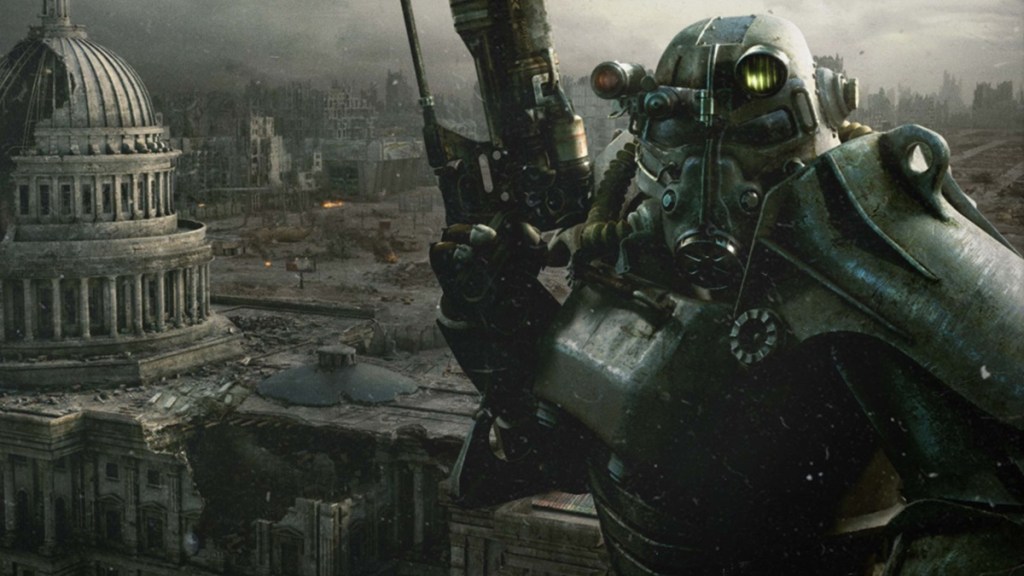
2. Fallout 3 (2008)
The severe disconnect between Fallout 3 and the previous two main installments in the series came as a shock to its dedicated fanbase, but it’s not as if Bethesda didn’t know what it was doing and ended up dropping the ball. If you can bring yourself to appreciate the “new” Fallout for the things it has to offer, then Fallout 3 definitely has a place in the RPG Hall of Fame.
It’s easy to look at Bethesda games now and criticize all the outdated gameplay mechanics. Heaven knows that social media has had a field day doing the same to Starfield. But back when there were only a handful of capable developers carrying the Western RPG tradition on their shoulders, Bethesda was regarded as one of the maestros. Fallout 3 has enough gameplay variety to distract you for hundreds of hours of playtime. The threequel ended up bagging numerous Game of the Year awards and garnered the praise of original Fallout devs like Tim Cain.
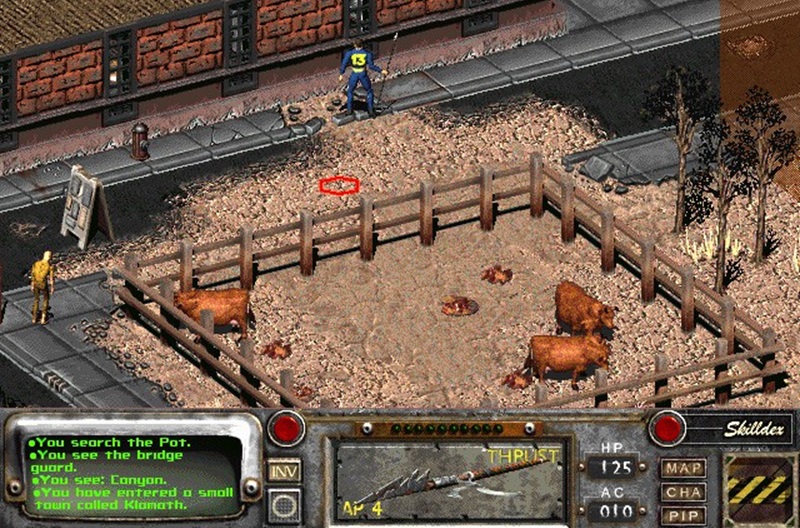
3. Fallout 2 (1998)
It’s still strange to contemplate the true scope of the first two Fallout games given the technical limitations they had to work with back then. The original Fallout in 1997 may have kickstarted this entire fictional world, but its sequel improved on almost every aspect, and a mere year later, at that.
There’s a sense of depressing bleakness to Fallout 2 that I find absolutely irresistible. Now, I’ve never been one of those people to reject Bethesda’s Fallout simply because it opted to follow a different design philosophy, but I do believe that its take on the post-apocalyptic story could certainly do with a bit more of that nihilistic sense of dread coming from the sure knowledge that humanity is forever doomed. And I certainly miss the turn-based action sequences.
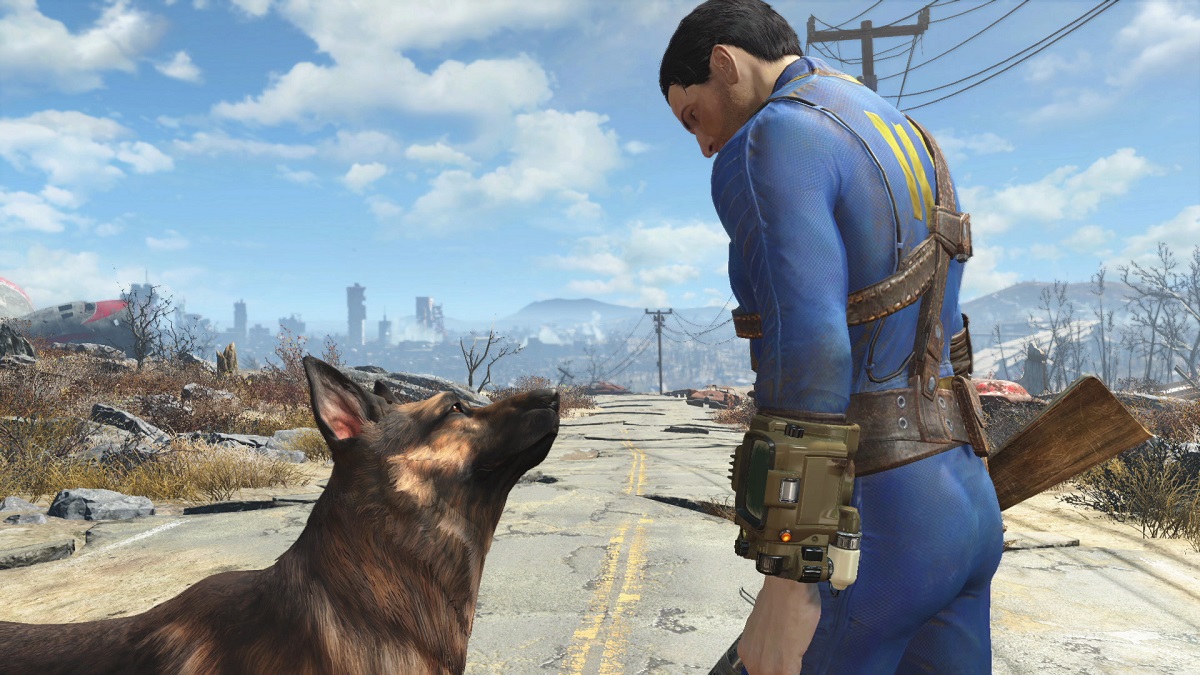
4. Fallout 4 (2015)
Bethesda did a wonderful job promoting Fallout 4, but it could’ve saved itself a lot of effort by simply saying: “If you loved Fallout 3, you’re probably going to enjoy Fallout 4 as well.” Perhaps that’s the single most disappointing thing about Fallout 4 for me. Don’t get me wrong; this is a great game. The world design is more ambitious, the visuals have been much improved over Fallout 3, and the variety of activities and mischief you can get up to in The Commonwealth is truly commendable. And don’t even get me started on the mods, because Bethesda certainly took its cue from Skyrim to make the game as mod-friendly as possible.
Yet something is holding Fallout 4 back. Maybe it’s the high expectations going in after experiencing so many great RPG games between Fallout 3 and the fourth entry. Maybe it’s the mediocre excuse of a story that never truly gets its moment in the sun. Maybe it’s all the innumerable bugs that Bethesda can’t seem to shake off. And maybe it’s all of these things. Still, none of these will necessarily prevent you from having a fun time playing the game.
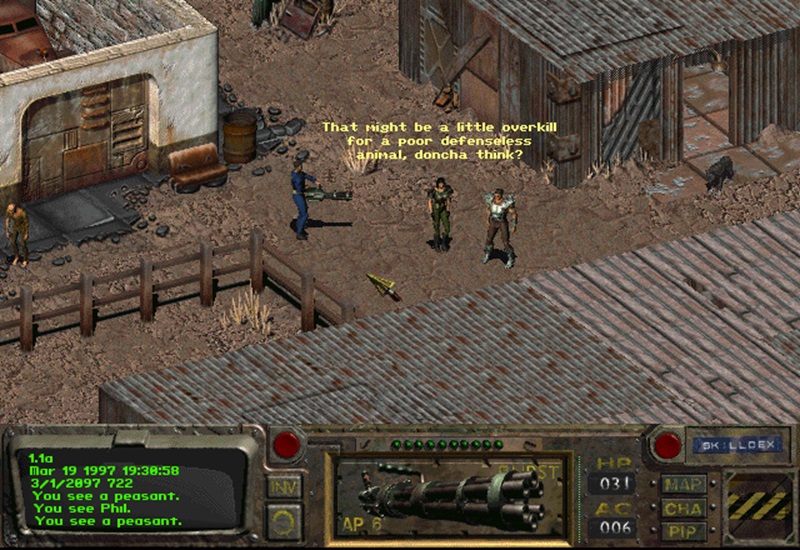
5. Fallout (1997)
As discussed earlier, the first Fallout game set the tone for the franchise in more ways than one. Bethesda only expanded on the lore already developed by Interplay, so if this franchise has stood the test of time, it’s because of the talented group of people, including Tim Cain, Chris Jones, Mark O’Green, Leonard Boyarsky, and Jason D. Anderson, who worked on the game for the better part of three years.
There was a time when the game was almost canceled after Interplay acquired the license to Dungeons & Dragons, and the release of Diablo a little while later gave the studio other ideas about how the project should proceed. Through it all, Tim Cain fought for his project, which he’d initially started as a game engine. And the result? A franchise that’s one of the biggest names in the industry. Even now, even today, you can play the original Fallout game and have a ton of fun with it, which is a testament to the sheer brilliance that Interplay designers employed to make their game timeless; a feat that only a handful of games in history have managed to imitate.

6. Fallout Shelter (2015)
Fallout Shelter can be a fun experience for people with a love for Fallout and management games. It was originally released for iOS and Android after Fallout 4, but over the years, Shelter has made its way to other platforms as well. Not much can be said of Shelter, and sometimes I wonder if it ever would’ve seen the light of day had Fallout not been such a huge name in the first place.
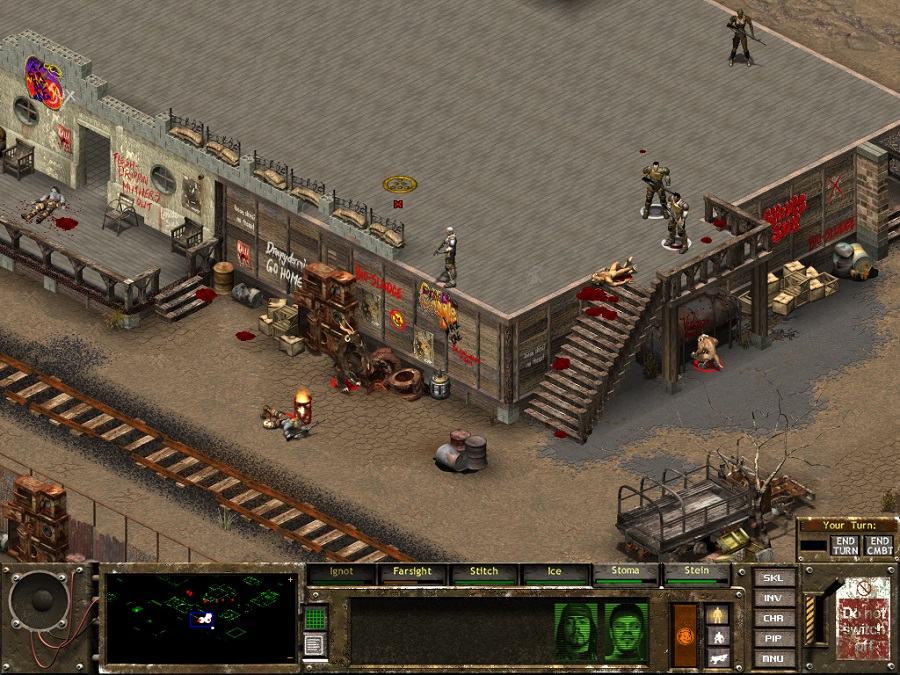
7. Fallout Tactics: Brotherhood of Steel (2001)
Not to be confused with 2004’s Brotherhood of Steel, this turn-based tactical spinoff had a great story and a decent combat system. Tactics is much smaller in scale, and focuses heavily on strategy during turn-based squad fights. It also introduces several elements to the Fallout lore, some of which have also been incorporated into Bethesda’s games.
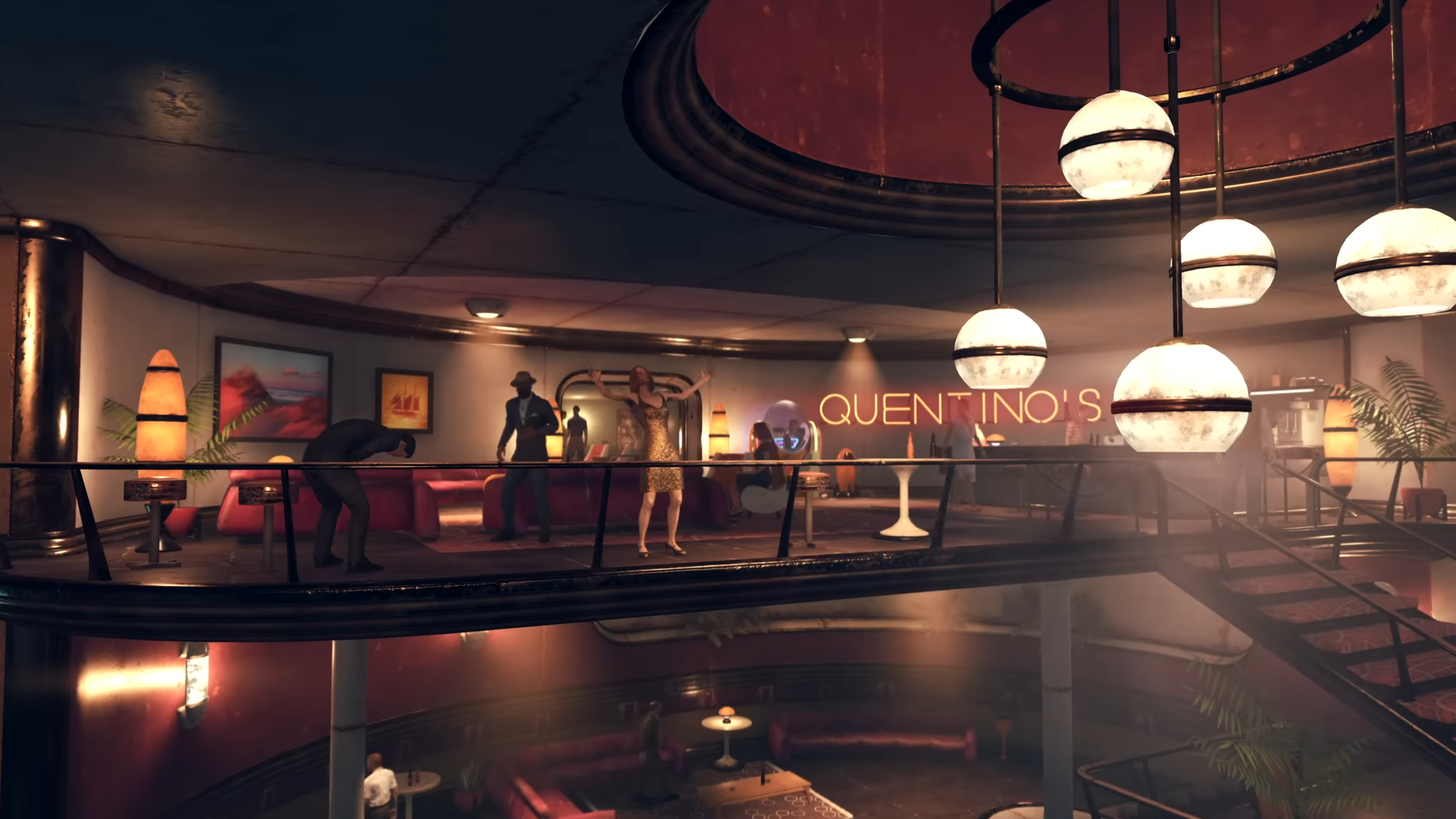
8. Fallout 76 (2018)
One of the most controversial releases in history, Fallout 76 was the first game that made people genuinely question if Bethesda is still the right developer for this franchise. Even on a broader scale, some wondered if Bethesda has still “got it,” a concern now exacerbated tenfold thanks to Starfield’s middling critical and commercial reception.
Fallout 76 was Bethesda Game Studios’ first attempt at a multiplayer game, and it ended up being a disaster of epic proportions. We could go on and on about how Fallout 76 gets everything wrong about the franchise and perhaps the online gaming landscape, but let’s just say that most people would rather forget it even exists and leave it at that.
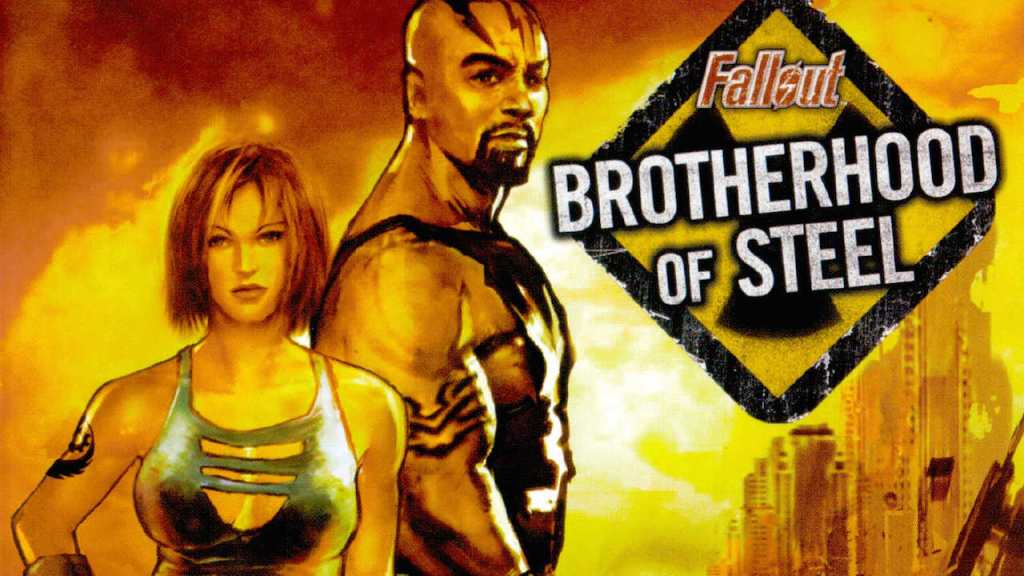
9. Fallout: Brotherhood of Steel (2004)
I know what you’re thinking: A Fallout game worse than 76? That can’t be right. Well, this spinoff from 2004 is definitely up there among some of the worst games ever developed. Gameplay mechanics are almost non-existent, the plot doesn’t make a whole lot of sense, and the hack-and-slash nature of combat doesn’t even work for Fallout. Say what you will about 76, but at least that game adhered to some basic game design standards and had some redeeming qualities going for it.
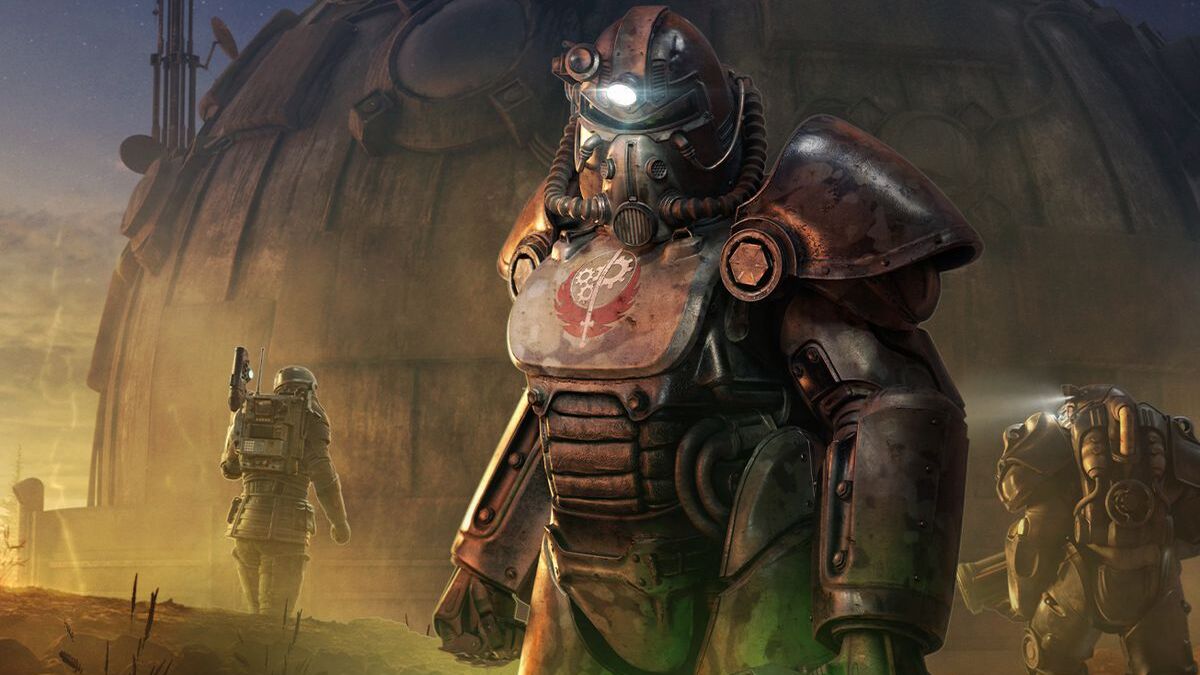
The history behind the Fallout games
Fallout is one of those massively successful and recognizable names that had very humble beginnings. It may not be as dramatic a tale as two broke programmers grinding in sweat and tears, day and night, to come up with an era-defining masterpiece, but that first game in 1997 is very different from the Bethesda shooter you know and adore today.
In many ways, Fallout was the brainchild of Tim Cain (Pillars of Eternity, The Outer Worlds), who worked on the initial concept for six months before getting the go-ahead from Interplay. By the time the game was being finalized, it had already cost a whopping $3 million to develop and a crew of game developers to finish. Interplay imagined Fallout as the spiritual successor to Wasteland, which was another commercially successful post-apocalyptic role-playing game released in 1988.
It ended up selling 600,000 copies around the world — not quite as impressive as other competitors like Baldur’s Gate or Diablo, but enough to warrant a sequel and a future in the gaming industry. When Fallout 4 came out in 2015, it sold 12 million copies to retailers in the first 24 hours, grossing $750 million and setting records.
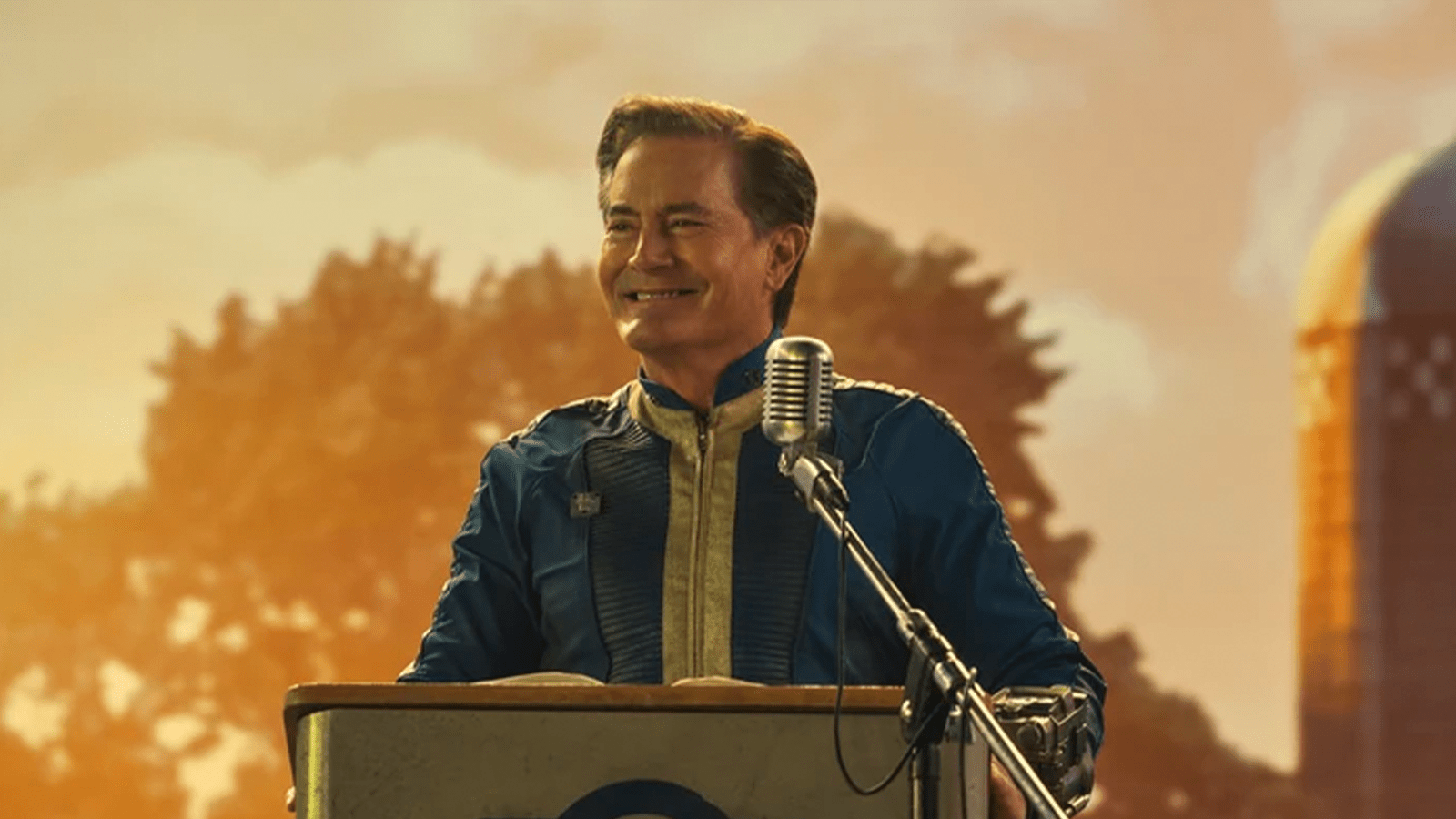
Comparing the Fallout TV show and Fallout games
The new Fallout live-action series by Prime Video has garnered rave reviews across the board, turning it into one of the handful of video game adaptations to have left an impression on the general populace. Amazon’s take on the Fallout universe is fun, faithful, and compelling, so much so that its release on the company’s live-service platform made the sales for Fallout 4 skyrocket by a whopping 7500% in just one week. Trust me; you can’t help but want to play one of the Fallout games after watching the series. And as for the show itself, we’re already impatient to see what will happen to our new cast of characters in season 2, already confirmed to be in production at Amazon Studios.

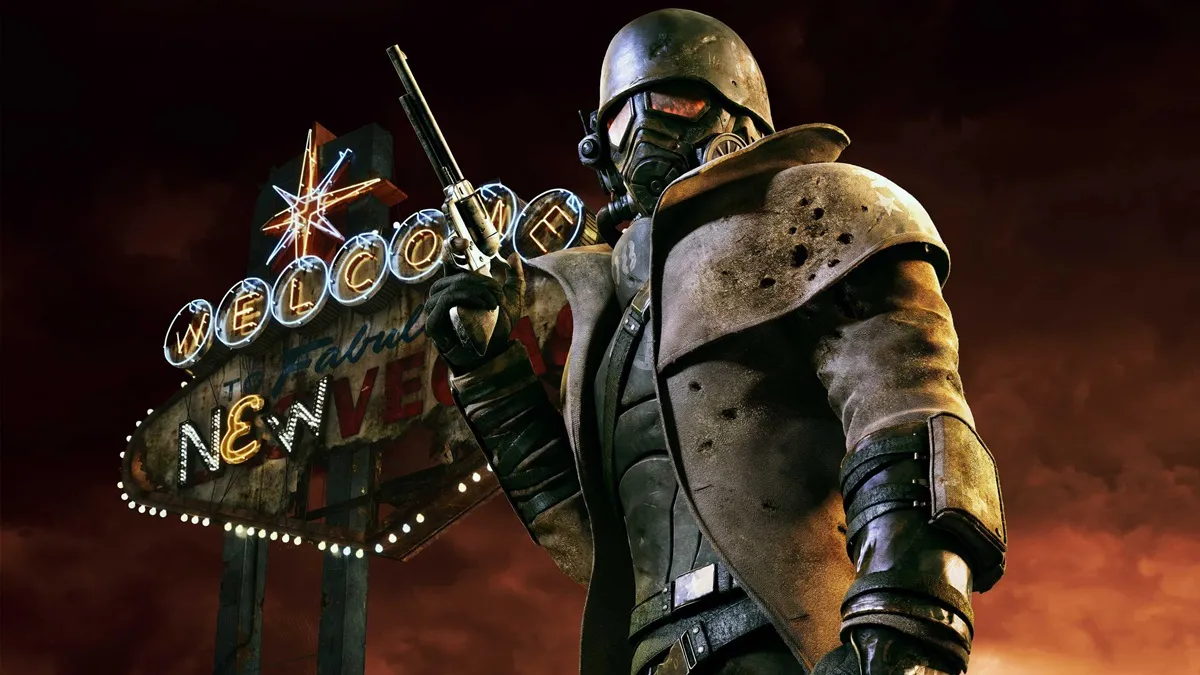



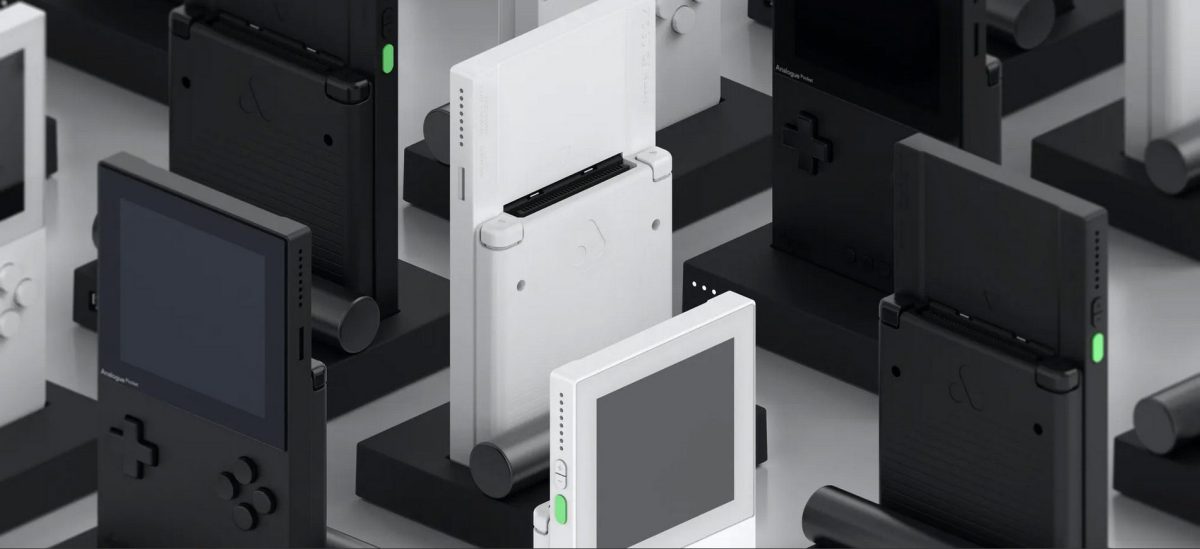








Published: Apr 30, 2024 01:18 pm